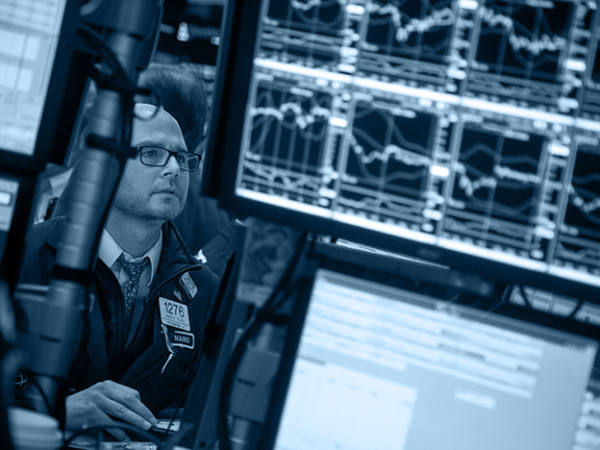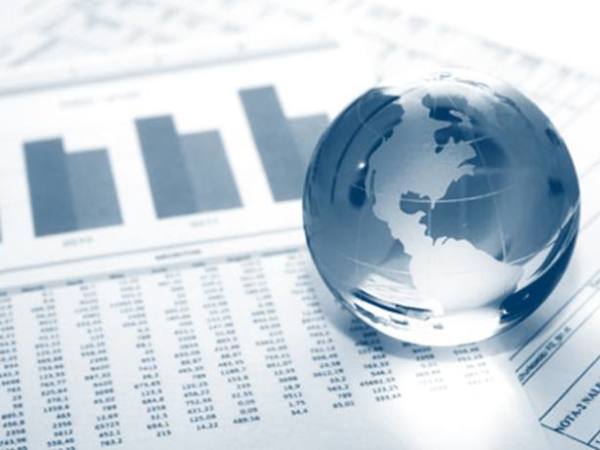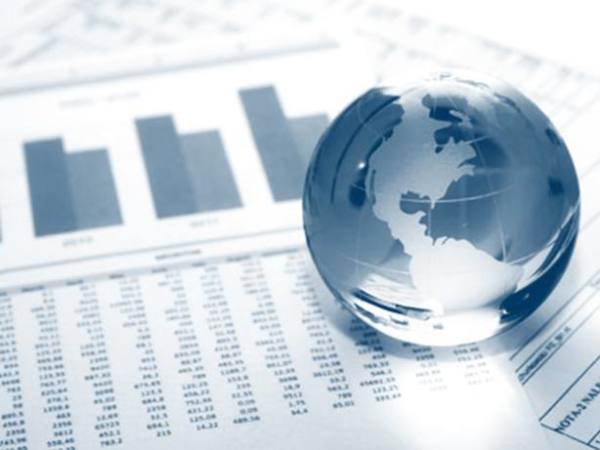Games Workshop (GAW) is an excellent business which has been managed well. Its profits and share price may still go higher, but having banked a very quick 15 per cent gain since the start of 2020, I have decided that I do not have enough confidence in the business' sustainable revenues and think the valuation and operational leverage are a risk. I have therefore sold my holding in my fantasy traded UK Quality Shares portfolio.
Significant sales of shares by Games Workshop's directors also caught my attention this week. No one knows for sure if that's a sign of trouble ahead. It's important to note that directors cannot sell shares based on information about current trading that has not been made public, so a share sale in this case should not be taken as a sign that trading has taken a turn for the worse. In fact, Games Workshop is doing very well and so is its share price.
My concern is that the business is in uncharted territory, so it's not unreasonable to ask how long the good times will last. If demand for its Warhammer brand continues to rise then shareholders could still make a lot of money. That said, the company is adding more production capacity and with it more fixed overhead and operational gearing. If sales ever start to go in reverse and the capacity of its production lines are not kept busy then profits could take a big dive.
I wouldn't blame anyone for selling some shares after such a big rise in the share price over the past couple of years but the chief executive and finance director of Games Workshop now don't look to have enough skin in the game. When I was an analyst, I liked to see chief executives have a stake of at least twice their basic annual salary in the businesses they ran. The CEO of Games Workshop's shareholding is currently 75 per cent of his basic salary last year, with the finance director's worth 122 per cent.
A warning sign for investors? Possibly, yes. The high valuation and an understanding of operational gearing should have already alerted more diligent investors and I’m not sticking my neck out when I say that the CEO and finance director will understand both better than most.
Download PDF







